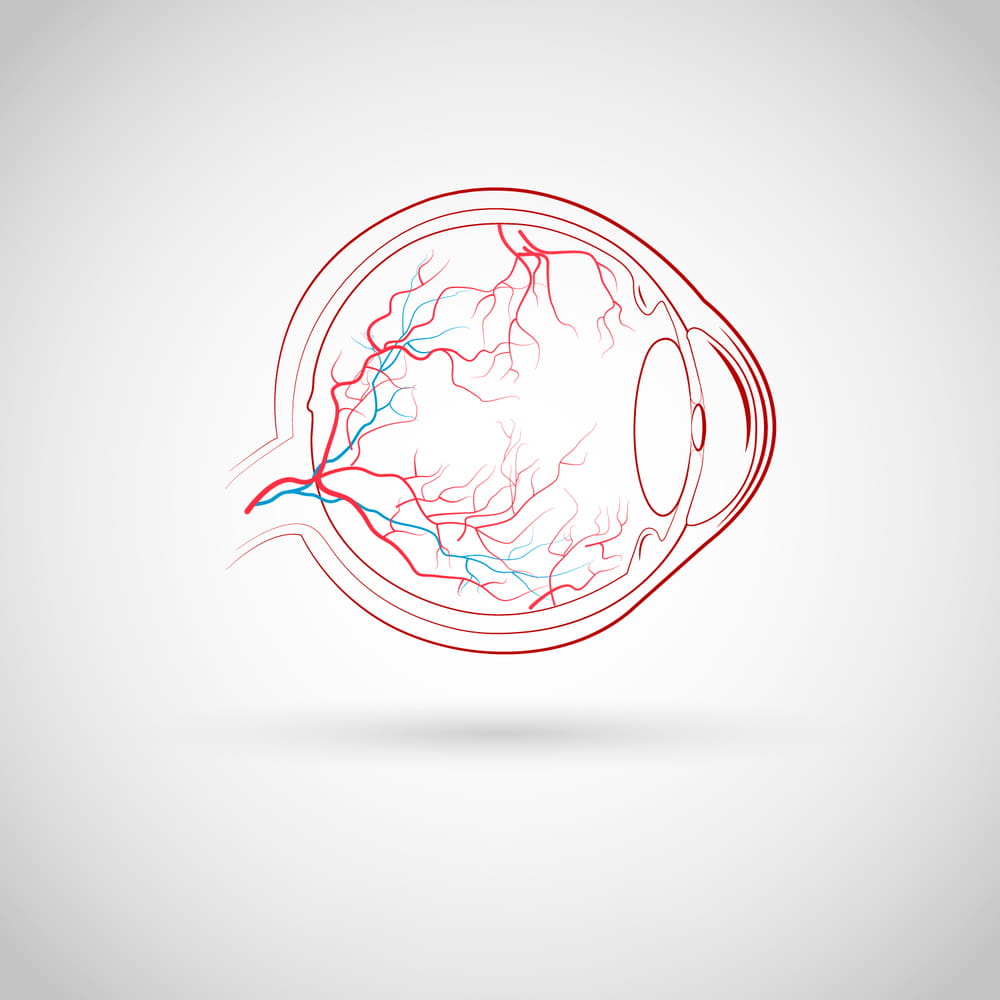Best Retina Surgery
What is retinal vein occlusion?
Occlusion (blockage) of a retinal vein is a common cause of sudden painless reduction in vision in older people. Sanjivani Eye Hospital is one of the leading Retina Surgery specialist.
The retina is the thin membrane that lines the inner surface of the back of your eye. Its function is similar to that of the film in a camera. Blockage of one of the veins draining blood out of the eye causes blood and other fluids to leak into the retina, causing bruising and swelling as well as lack of oxygen. This interferes with the light receptor cells (cells responsible for vision) and reduces vision.
The condition is uncommon under the age of 60 but becomes more frequent in later life.
